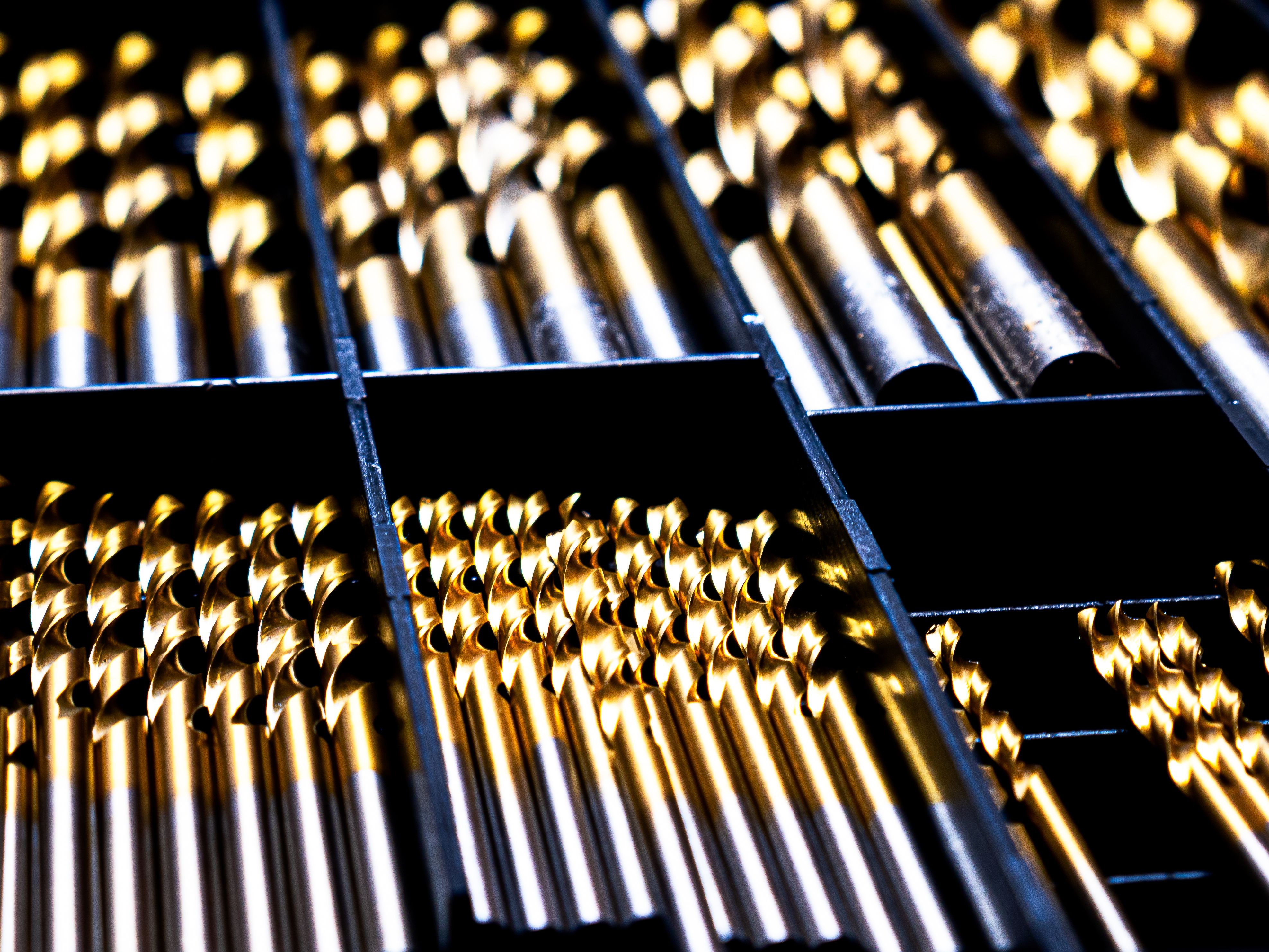German Engineering: A Look at Tools Made in Germany
RR
Introduction to German Engineering
When it comes to engineering, Germany is a name that stands tall. Known for precision, innovation, and durability, German engineering has set benchmarks across various industries. This excellence extends to the realm of tools, where German-made products are often considered the epitome of quality.
The dedication to craftsmanship and a meticulous approach have made German tools a favorite among professionals and hobbyists alike. Whether it's automotive tools, power tools, or hand tools, German engineering principles ensure that each product is crafted with the utmost care.

The Legacy of Precision
One of the key characteristics of German-made tools is their precision. This precision stems from a long-standing tradition of engineering excellence that dates back centuries. German companies invest heavily in research and development, ensuring that each tool meets high standards of accuracy and performance.
Brands like Bosch, Festool, and Wera have become synonymous with quality due to their commitment to producing tools that deliver exceptional performance. The precision in these tools not only enhances efficiency but also ensures safety during use.
Innovative Design
Innovation is at the heart of German engineering. The design of tools made in Germany often reflects a blend of traditional craftsmanship with modern technology. Engineers focus on ergonomic designs that reduce user fatigue and enhance usability.
Moreover, these tools often incorporate cutting-edge features that address specific user needs. For instance, many German power tools come with advanced safety mechanisms and user-friendly interfaces, making them a top choice for both novices and seasoned professionals.

Durability and Longevity
Durability is another hallmark of German tools. Made from high-quality materials, these tools are built to withstand the test of time. The rigorous testing processes ensure that each tool can handle demanding tasks without compromising performance.
For many users, investing in a German tool means investing in a product that will last for years. This longevity not only provides value for money but also contributes to sustainability by reducing the need for frequent replacements.
Environmental Responsibility
German engineering also places a strong emphasis on environmental responsibility. Many companies adopt eco-friendly practices during the manufacturing process, aiming to minimize their carbon footprint. This commitment aligns with the global push towards sustainable development.
Some manufacturers use recycled materials or implement energy-efficient production methods, thereby playing a part in preserving the environment for future generations.

The Global Impact of German Tools
The influence of German engineering extends globally, with these tools being exported to various countries. Their reputation for reliability and performance has earned them a loyal customer base worldwide.
Professionals in fields ranging from construction to electronics value the reliability that German tools offer. This widespread appreciation underscores the global impact and importance of German engineering in the tools sector.
Conclusion
In conclusion, tools made in Germany stand as a testament to the country's engineering prowess. From precision and innovation to durability and environmental responsibility, these tools embody what it means to be at the forefront of technology and craftsmanship.
Whether you're a professional looking for reliable equipment or an enthusiast seeking high-quality tools for your projects, German-made tools are an investment worth making. They not only promise exceptional performance but also represent a tradition of excellence that continues to inspire and lead.